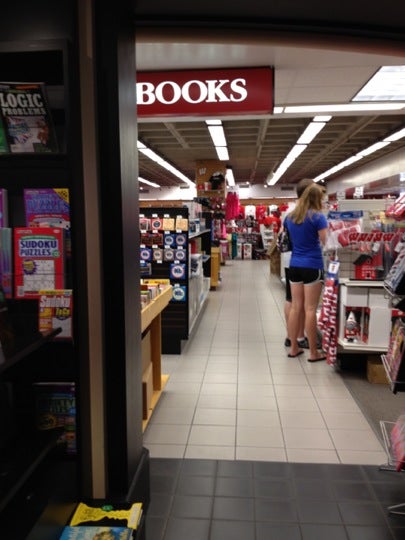When I’m asked to give my job title- on an application form, by Canada Customs, by strangers on planes- I usually say “sales rep.” Though its short-hand easily understood by the world, I sometimes cringe. Especially when I come across those ubiquitous drug reps with their pressed suits, ingratiating small talk and pharma samples on wheels. “Not me, thank God,” I think to myself.
Since I can’t imagine selling anything but books, it seems a
little fraudulent to call myself a salesman.
Professional persuaders can sell anything, the legend goes. Alas, my corner of the sales world demands
precious little of its reps in the way of hard sell (maybe too little?) I’m a book person who represents publishers
to the trade, is the way I like to think of it.
But the Customs officer and my eye doctor are really not interested in
my neurotic career nuances. They want a
couple words to fill in the blank.
The more I dwell on the idea of “representing” books, the
trickier it becomes. In what sense does
a book rep represent a book, or an author, or a publisher? It seems ridiculously presumptuous to say
that I “represented” such luminaries as Amos Oz, Wole Soyinka, Jean Baudrillard
and Jane Austen as I did this past fall.
But in translating the editor’s intentions for these books into the
retail marketplace via my meetings with booksellers, I guess I’m re-presenting
them in a pretty literal way.
According to contributors to the Urban Dictionary, “represent”
has a variety of contemporary meanings, some of which sound applicable: to
claim or declare something as yours; to belong to and be a part of; to show
where you come from; to serve as the official or authorized agent for. A couple others could apply with some
imagination: to be a good example to others of your group; to annoy others by
your presence (!); or a command that provokes someone to display their gang
affiliation (“represent mothafucka!”)
When someone asks me about my territory, I grope for the right
verb. I “represent to?” I call on, cover, handle, manage, am
responsible for? These are all ways to
capture a piece of the dynamic between book rep and bookseller, but somehow
none do the complete job.
The other thing missing is that the words seem too one-way. True, we represent
the publishers who pay us, so in that sense we work for the house. But every season as I wend my way through
dozens of meetings with booksellers and museum shops in two countries and four
time zones, I am represented to in
return. I am handled and managed. I bring back at least as much from these
encounters as I give. These are
relationships beside which every verb I can think of comes up short.
To me, book reps and book buyers- which is often to say, booksellers temporarily switching from their hundred other tasks into acquisition
mode- are two sides of the same job.
When we are collaborating on figuring out what books from our new lists
can work in the store, or what freight, discount or other back-office issues need
sorting out, or what’s actually working
in this insane business, I think we’re doing the same job. It just doesn’t have a proper name or a verb
to go with it. We are book blanks.
When one of my British rep colleagues was describing his
territory recently, he spoke of “seeing to” a piece of southwest England. I liked this formulation, and planned to
start using it, until another London rep said that he “looks after” his
territory. I loved that one, with its
suggestion of both patiently tending a garden and overseeing a group of
precocious, idiosyncratic children.
Definitely belongs in the rep job description lexicon. (And I'm sure some buyers feel that way about some of us.)
I confess to going all sappy every year at this
time, when the booksellers are working overtime and I’m enjoying relative
downtime between selling seasons. But with their patient listening
to and putting up with us; with their willingness to take a chance on books on
our say-so, without (usually) calling attention to our past promises that didn’t
pan out; with their treating us like customers
sometimes, recognizing that we’re book lovers and remembering what we like to
read, booksellers make me proud to share their business and company. Every day, we’re both repping books, authors, the practice of reading and the very idea of thinking. Way more than you can say for pharmaceuticals.
I just finished reading My Bookstore: Writers Celebrate Their Favorite Places to Browse, Read and Shop, a wonderful anthology
of homages by authors to their favorite local bookstores. I have a couple bones to pick. Though it covered a lot of the usual indie
suspects, it was missing a few big, obvious exceptional stores (Seminary Coop
in Chicago- hello?). Future volumes might tackle the fantastic and barely known to the US world of indie Canadian and Quebec
bookshops. And they could focus a bit further beneath the radar, with stores like Paper Moon in McGregor Iowa, a
tiny town on the Mississippi River where you will find a small but impeccably
chosen collection of books on Iowa history, lesbian mysteries, and women who saved
the world from Hitler.
But these are quibbles.
My Bookstore is a joy, and if you are in need of a shot of optimism
about the future of books and bookstores, start there.




























